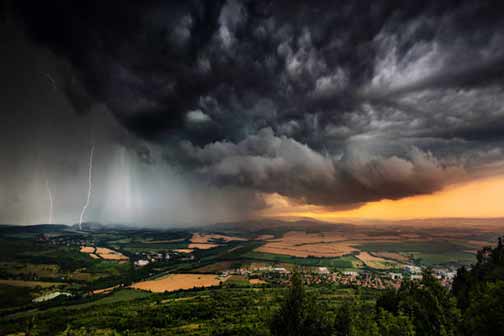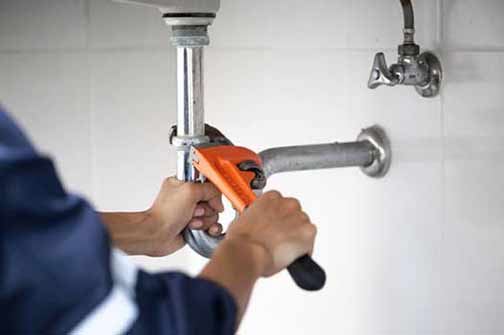
Stormy weather can often bring unexpected problems to your doorstep. While many homeowners worry about leaking roofs and flooded basements, one issue that is frequently overlooked is the impact that severe storms can have on your plumbing system. From burst pipes to overflowing drains, plumbing nightmares during storms can turn your peaceful abode into a chaotic mess. Here we will explore some of the common plumbing problems that arise during storms and provide you with tips and advice on how to handle these situations effectively.
Understanding the Impact of Storms on Your Plumbing System
When storms hit, the excessive amounts of rainfall can put a tremendous amount of pressure on your plumbing system. The sudden influx of water can overwhelm the pipes, leading to blockages, leaks, and even burst pipe emergencies. Additionally, heavy rainfall can cause sewer lines to become overwhelmed, resulting in sewer backups and flooding. Understanding how storms can wreak havoc on your home’s plumbing is crucial in order to prepare for and prevent potential issues from occurring.
Identifying Common Plumbing Nightmares During Storms
Here are some of the most common plumbing problems that homeowners may encounter during storms:
- Burst Pipes: When the temperature drops significantly during a storm, the water in your pipes can freeze and expand, causing them to burst. This can lead to extensive water damage and flooding in your home.
- Flooding: Heavy rainfalls can saturate the ground around your home, leading to excess water seeping into your basement or crawl space. This can result in a flooded area that can damage your belongings and compromise the structural integrity of your home.
- Blockages: Storms can cause debris, leaves, and other types of sediment to accumulate in your gutters, downspouts, and drainage pipes. This can lead to blockages, causing water to back up and potentially overflow into your home.
- Sewer Backups: Excessive rainfall can overwhelm the sewer lines, leading to backups and potential sewage flooding in your home. This poses serious health hazards and requires immediate attention.
- Leaking Roof: While not directly related to plumbing, a common issue during storms is a leaking roof. If water enters your home through the roof, it can affect your plumbing system as well.

In cases of severe plumbing issues, it’s best to call a professional plumber who has the expertise and specialized equipment to handle the problem safely.
What to Do When Faced with a Plumbing Nightmare
When a plumbing nightmare strikes during a storm, it’s essential to act quickly to prevent further damage. Here are a few steps to take:
Shut Off the Water
If you experience a burst pipe or any other significant plumbing issue, locate your main water shut-off valve and turn it off immediately. This will stop the flow of water and minimize the damage caused by the plumbing emergency.
Call a Professional Plumber
In cases of severe plumbing issues, it’s best to call a professional plumber who has the expertise and specialized equipment to handle the problem safely. They will assess the situation, provide necessary repairs, and offer guidance on how to prevent similar issues in the future.
Remove Excess Water
If your home experiences basement flooding due to a plumbing nightmare, it’s important to remove excess water as soon as possible. Use a wet/dry vacuum or call a water damage restoration company to extract the water and dry out the affected areas.
Document the Damage
Take photos or videos of the damage caused by the plumbing emergency and contact your insurance company. Provide them with the necessary documentation to support your claim and ensure proper compensation for the repairs.
Preventative Measures
To minimize the risk of plumbing nightmares during storms, consider implementing the following preventative measures:
- Insulate exposed pipes in your home to prevent freezing during cold weather.
- Clean your gutters and downspouts regularly to avoid blockages.
- Install a backwater valve to prevent sewer backups.
- Ensure your sump pump is in good working condition and have a battery backup in case of power outages.
- Regularly inspect your roof for leaks and address any issues promptly.
When storms wreak havoc in your home, the last thing you need is a plumbing nightmare adding to the chaos. By understanding the potential plumbing problems that can arise during storms and taking preventative measures, you can minimize the risk of damage and protect your home. Remember to act swiftly and seek professional help when needed. Stay proactive and prepared, and your plumbing system will weather the storms with ease.